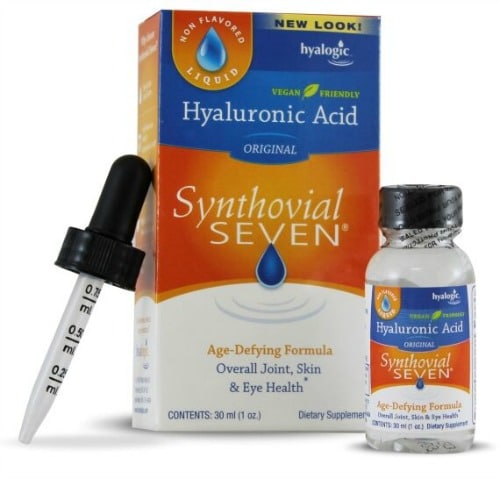#1 Health Tip: Stay Hydrated
There is one essential need common to all of Earth’s living things: water. Plants, animals, and even microbes require water for their survival. Inside living organisms, water can be found as a basic building block of every cell. It serves as a conduit for nutrient transport, an avenue for expelling waste, and a catalyst for chemical reactions.
What Does Water Do for Our Bodies?
In humans, water serves a multitude of purposes—it cushions and lubricates our joints, moisturizes and cleanses our eyes, moderates body temperature through perspiration, preserves the elasticity and youthful appearance of our skin, hydrates the mucous lining that protects our organs, aids in digestion and in the expulsion of wastes, and nourishes connective tissues like tendons and ligaments.
How Much Water Do We Need?
The human body is about 70% water, and that supply must be refreshed throughout the day. According to the Mayo Clinic, an average person needs between 11.5 cups and 15.5 cups of water daily[1]. If that seems like a lot, remember that much of our water is consumed in the form of food. Fruits and vegetables are particularly rich in water, but even meats and baked goods contain some moisture.
When we are active—whether we’re working, exercising, or playing—we lose water more quickly. That means we need to hydrate more often around periods of intense activity. This is also true when the temperature rises. At higher ambient temps, our bodies have a greater need for cooling and a higher demand for water. Without proper hydration, you could be courting disaster.
 What Are the Common Signs of Dehydration?
What Are the Common Signs of Dehydration?
Dehydration can sneak up on us, often with little warning. We may not even experience thirst, but our bodies could be sending us other signals that they are in dire need of water. Some common signs of dehydration include: headache, fatigue, muscle cramping, low urine production, and dark urine.
As dehydration becomes more serious, we may experience rapid heart rate and mental confusion. In extreme cases, dehydration can result in heat stroke, organ failure, and even death. Fortunately there are ways to stop this cascade of events before it amounts to a crisis.
Tips for Staying Hydrated
Probably the most obvious way to stay hydrated is to drink water. The body processes water more slowly than we can consume it. Which means that if we flood our bodies with water, much will be discarded as waste (through urine) before it has a chance to reach the cells and tissues where it’s most needed. That’s why it’s recommended that you sip water slowly and often, rather than gulping down a 12oz glass every hour.
This is especially true when you’re active or outdoors in hot temperatures. Other things you can do include: combining fruits and salty snacks (like fruits and nuts), taking frequent rest breaks, and tracking fluid loss.
How Can We Help Our Bodies Hold and Use Water?
Because humans need water at a cellular level, we need a cellular solution to the challenge of hydration. Fortunately our bodies naturally produce a miraculous molecule called Hyaluronic Acid (HA) that has a powerful affinity for water. Each long-chain molecule of HA is capable of binding up to 1000 times its weight in water! And because HA exists in the extracellular space (the space between the cell) it can migrate throughout the body, bringing life-giving water where it’s needed.
• In the skin, HA provides the necessary moisture to help keep skin supple and resilient, which may help protect us from UV rays, hostile microbes, and environmental toxins. (It may help us look younger too!)
• In the joints, HA forms a viscous, lubricating jell that cushions joints, minimizes friction, and maximizes mobility.
• In the eyes, HA assists in maintaining healthy eye function.
• In the tendons and ligaments, HA supports elasticity and helps support our bodies when we work, exercise, or play.
If Our Bodies Make Hyaluronic Acid, Why Do We Need More?
As we age, our bodies’ natural ability to produce HA decreases. A person over 50 may produce only half the HA they did as a  teenager. We may notice these changes as joint discomfort with normal daily exercise and activity, lessening of visual acuity, or less hydrated and wrinkled skin appearance.
teenager. We may notice these changes as joint discomfort with normal daily exercise and activity, lessening of visual acuity, or less hydrated and wrinkled skin appearance.
To help maintain our youthful levels of HA, Hyalogic® offers a wide range of products—as dietary supplements and topicals—to maintain the HA our bodies naturally lose. Hyalogic® products contain higher-molecular weight, long-chain HA that are most similar to that created in our own bodies. And our products are considered vegan friendly!
Check out our products page and discover how Hyalogic® can unlock the secrets of hydration for you.
[1]https://www.mayoclinic.org/healthy-lifestyle/nutrition-and-healthy-eating/in-depth/water/art-20044256